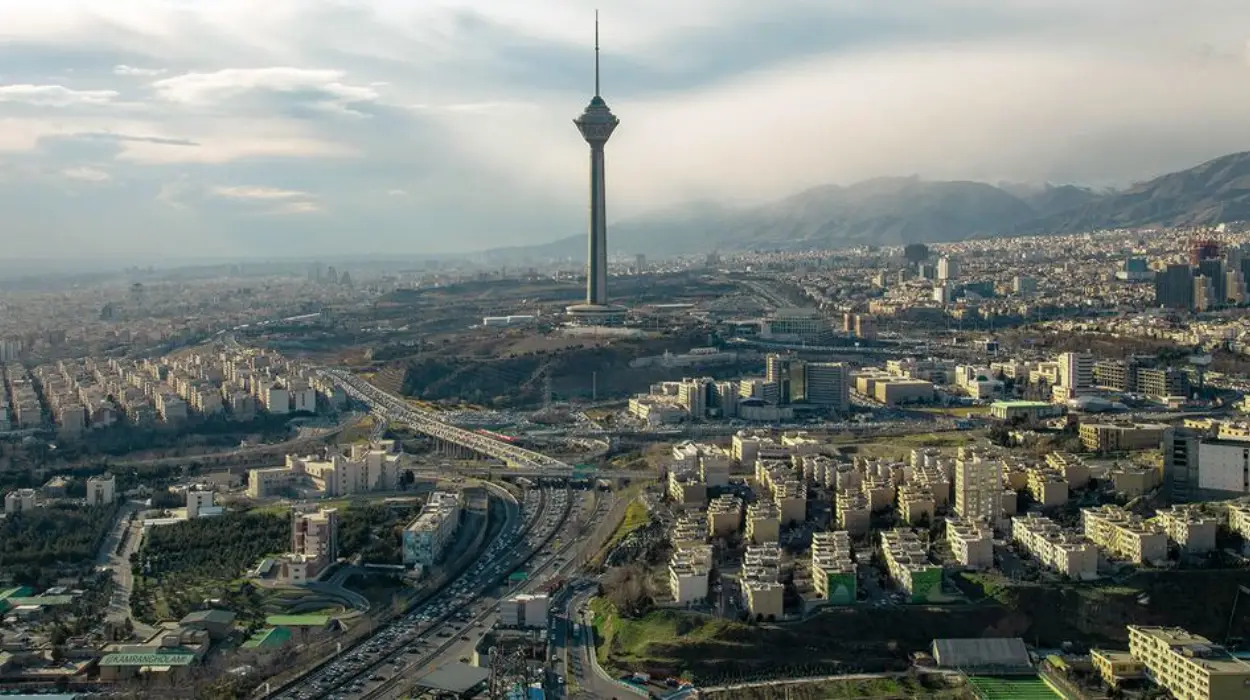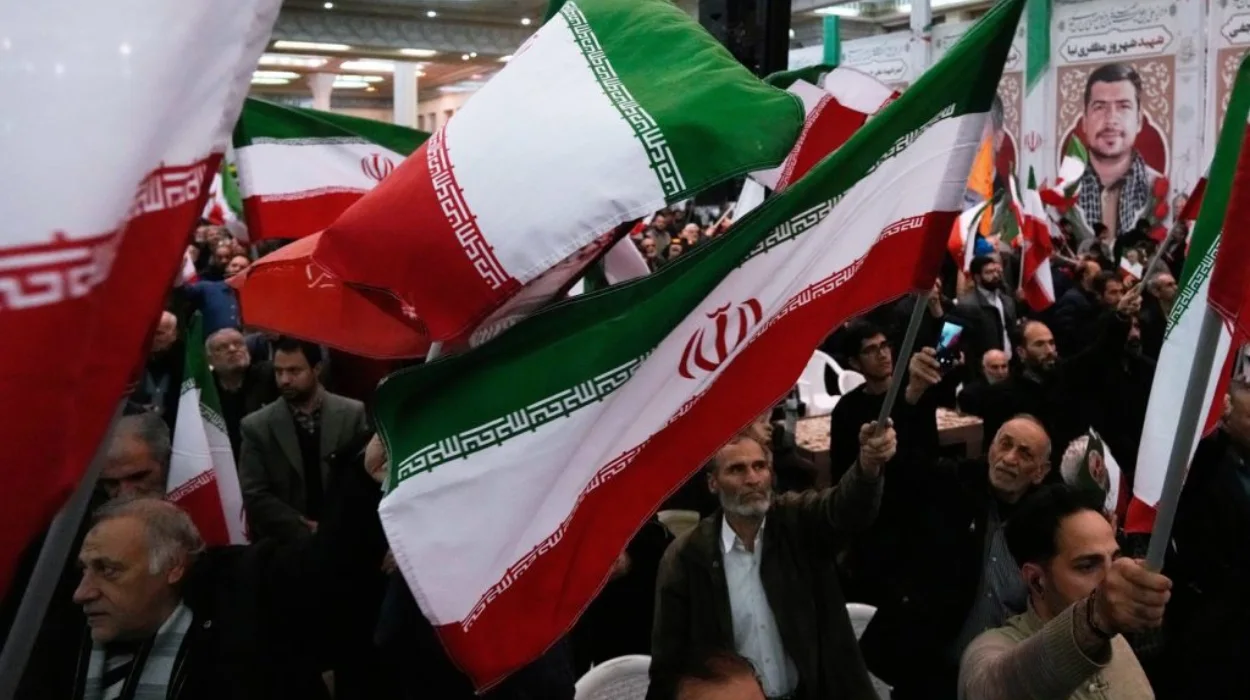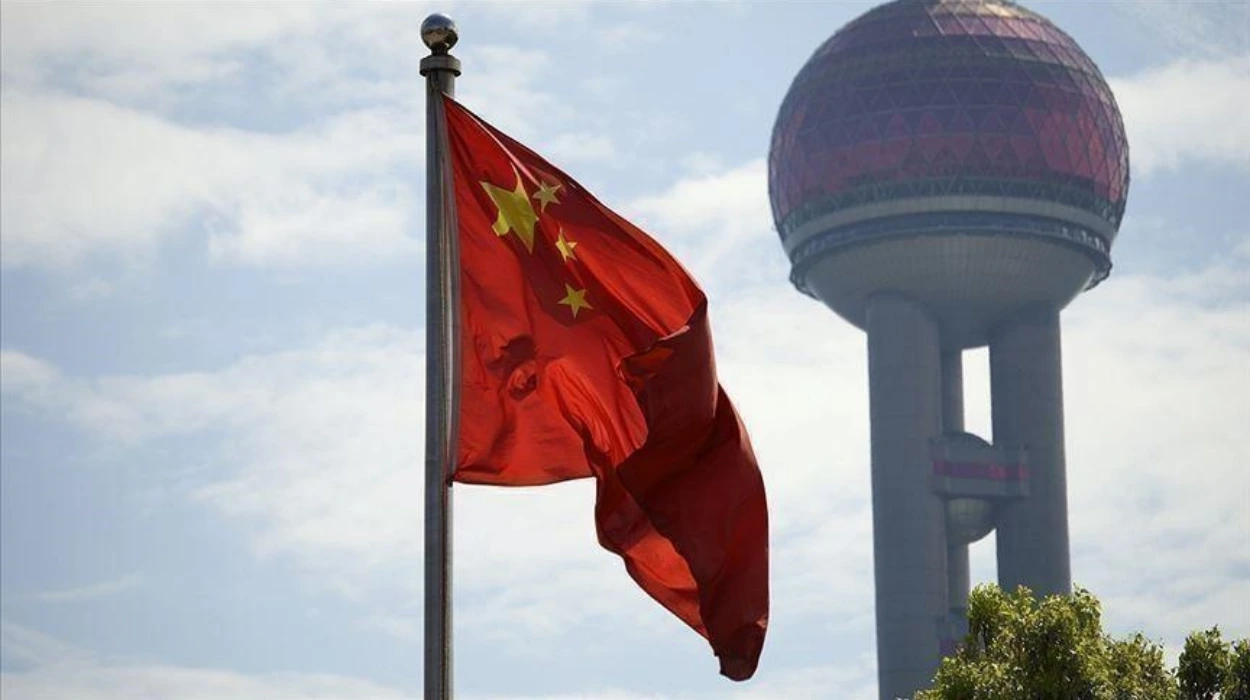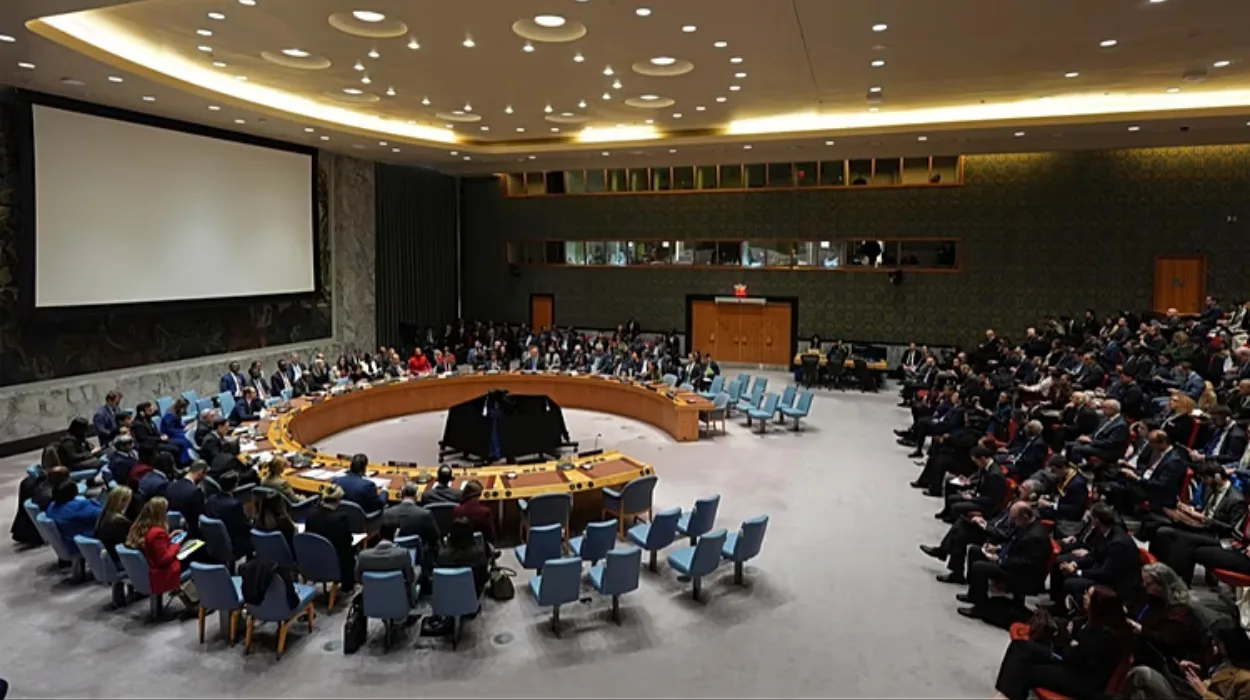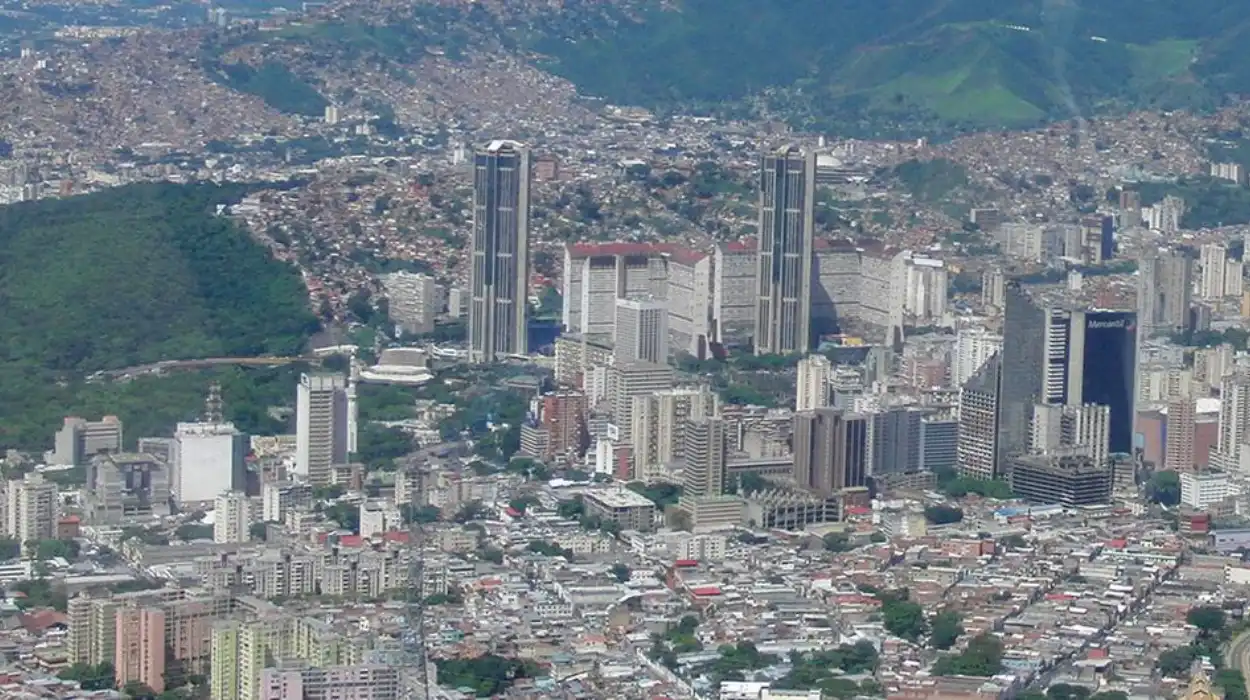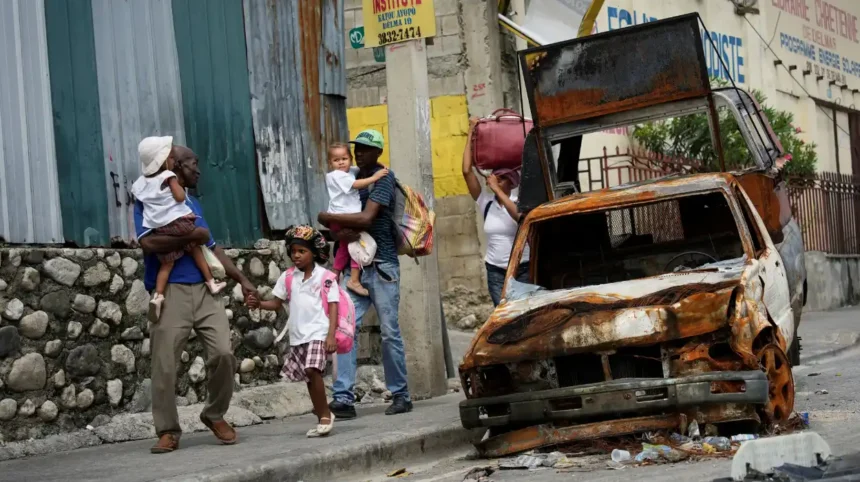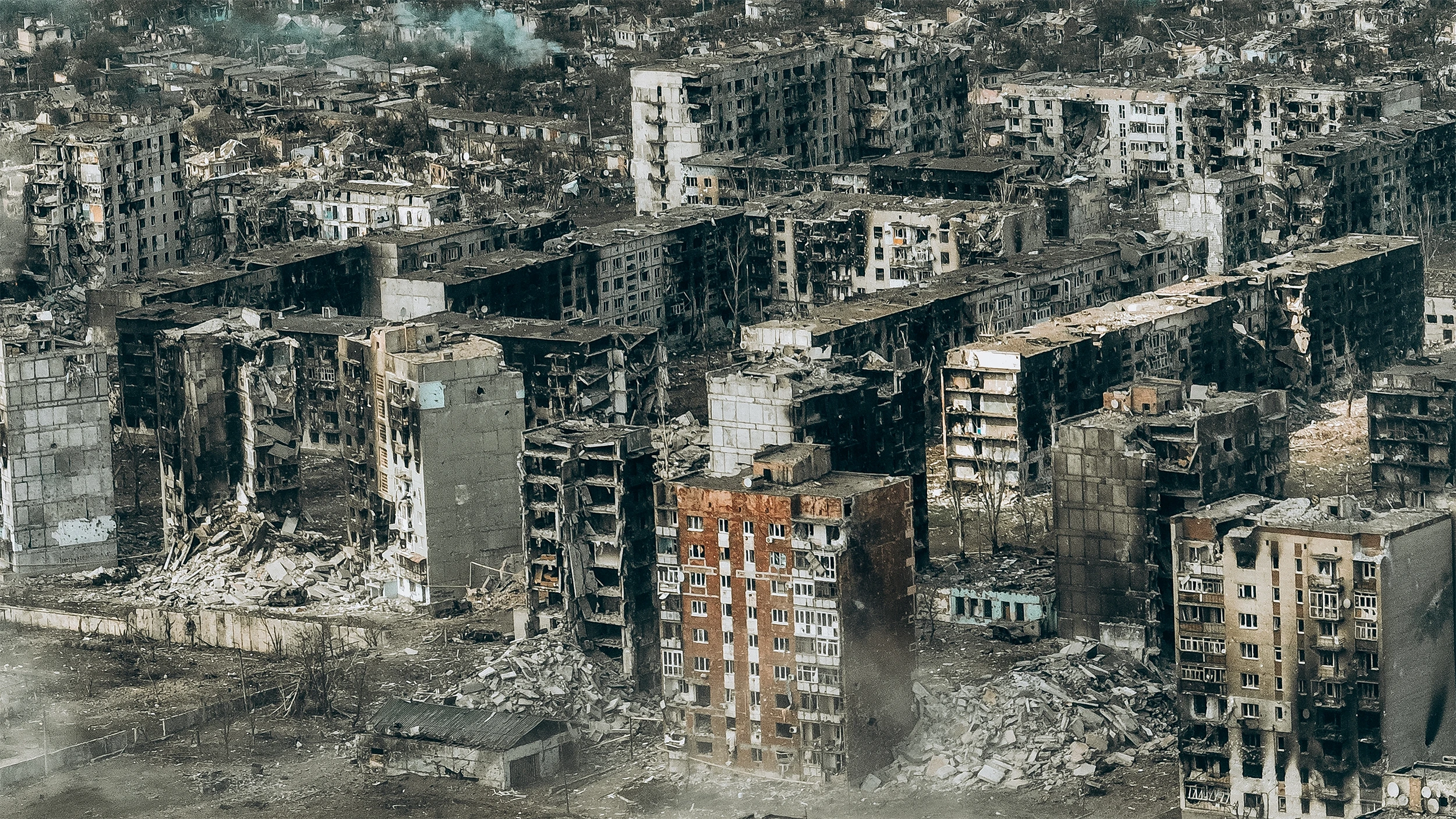This situation is exemplified by the breakdown of the Haiti detention system in 2025 that was a combination of breakdown of security, the stalemate of institutions and humanitarian meltdown. This deterioration has been focused on the role that armed gangs still play as they dominate the justice environment in the country. By mid 2025 the gangs had taken control of close to 90 percent of Port-au-Prince which had a damaging effect on the state being unable to provide security to their detention facilities or safe transportation of the prisoners and legal staff. This combination of space conquest and institutional frailty has turned detention centers into susceptible units within a larger conflict space.
This was a turning point in this crisis when in 2024, there were synchronized mass prison breaks. More than 4,600 prisoners broke free as gangs attacked the major prisons of the country at the same time defeating the guards and breaking outer security barriers. The jailbreaks not only left the justice system without any working control but also strengthened the gangs which lead to a vicious cycle where insecurity produces more and more institutional failure. In 2025, these events were still being experienced throughout the chain of justice, including pre-trial detention up to the operations of the courts.
Intensifying Humanitarian Stress Inside Overcrowded Facilities
Haiti detention centers are currently running at levels way below the minimum international standards. The number of people accommodated in facilities that were constructed decades ago is now two or three times the intended populations. In September 2025 alone, UN reports were over 7, 200 detainees in areas that could not even safely hold half the number. There is little ventilation, water is intermittent and sanitation facilities almost non-existent.
Such circumstances have resulted in an accumulating death rate. During the period between July 2025 and September 2025, at least 52 detainees succumbed to avoidable causes such as dehydration, malnutrition as well as untreated infections. Most facilities have virtually no medical care. Humanitarian agents who have tried to pass supplies are often restricted to access following conflicts involving the police and the gangs who occupy the immediate environment. The decline of these facilities is a tangible warning of how security, governance and health crises of populations are in contact under the conditions of long-term instability.
Judicial Paralysis And The Crisis Of Pre-Trial Detention
The second pillar of collapse of the Haiti detention system is judicial stagnation. In 2025, the rate of pre-trial detention in Haiti was estimated to be 82 percent, which is one of the highest in the world. This backlog is an indicator of a justice system that is not working within or without the gang-affected areas. The capital has had a long time of courts being closed because of attacks, threats or even failure to pass through areas with safety. Courts and clerks frequently have no access to their offices, and even police escorts to carry off detainees are overworked with increased insecurity.
The effects on the detainees are extreme. Others spend years of their lives in prison without hearing despite being accused of minor and even non-violent crimes. In 2025, one of the cases was recorded where a detainee who was accused of a petty theft alleged to have spent over two years in custody, which was indicative of the breakdown of legal safeguards due to the widespread instability. In the absence of the power to push the cases through the courts, the detentions will automatically turn to be indefinite.
Widening System Overload From Dragnet Arrests
Pressures in overcrowding are often aggravated by police activity. To control the rising violent gang activities, the Haitian National Police have engaged in wide scale drug sweeps which leads to mass arrests with little judicial scrutiny. A significant number of individuals held are not charged or even having a lawyer but are filling up prisons. These mass-arrest operations are done despite the international warnings that it will lead to the erosion of the trust of people in the already shaky security climate.
The overloading of the system worsens all operational issues in detention units, including food delivery and case management. The public defenders and judicial clerks find it difficult to monitor any cases, which further contributes to the extended detention and further procedural paralysis.
Efforts Toward Reform And The Challenges Of Implementation
Efforts to reform by Haitian governments, regional institutions and UN agencies have come out but efforts have not been uniform. In 2025, the UN Integrated Office in Haiti (BINUH) and the Office of the High Commissioner for Human Rights also took measures in order to fill the most crucially missing links in detention and judicial practice. Among the most noticeable approaches is taking judicial hearings straight into prison compounds to not necessitate secure and external travel. As limited case processing and some detainee releases have been reported as a result of these mobile hearings, it appears to be a pragmatic solution in a time when many courts are shut down.
Infrastructure Improvements And Rights-Based Training
Foreign donors have focused on humanitarian upgrades, including sanitation systems and water access, to ventilation and emergency medical assistance. Renovations on select facilities with the donor funding are underway but are slow because of security constraints and institutional bottlenecks. Prison staff training aims at rights of detainees, responding to crises, and administrative integrity. The programs are focused on overcoming such long-standing flaws as corruption and lack of control that impede effective reforms.
Governance Responsibility And Accountability Gaps
The Haitian Ministry of Justice still has the main responsibility in systemic reform in spite of the international participation. In 2025, UN Designated Expert William O’Neill stressed that the long-term solutions must be dedicated to by the state, stating that the international assistance would enhance the capacity, yet responsibility should start at the level of domestic institutions. This quotation shows worrying issues of corruption, poor resources distribution, and misappropriation of funds that should be used in the treatment of detainees. In the absence of structural change, humanitarian ameliorations will be confined to individual rather than systemic change.
The Cascading Impact On Public Security And State Stability
The collapse of Haiti’s detention system is not about the prison walls but it is something that will affect the future of national security and governance. The jailbreaks of 2024 and 2025 made gangs much stronger, and the escapes strengthened armed units already beyond the power of the state to control the situation in major districts. This has led to persistent retaliatory violence as this influx of manpower has made the operations of the police more difficult.
The loss of public trust in state establishments is ever-increasing because of the failure of the justice system. Societies are becoming the direct target of violence along with the indirect consequences of institutional inactivity such as displacement, broken markets, and undermined local governance. The multinational international stabilization schemes such as security support operations in the new multinational structures face an environment where detention and judicial failures present long term barriers to the restoration of order.
The Shifting Landscape Of Justice And Security In 2025
With Haiti having to endure another year of immeasurable volatility, the breakdown of its detention system throws light on the more structural crisis that Haiti is facing. Judicial breakdown, gang influence, and deterioration of humanitarianism come together to create a multi-layered emergency that is still haunting the national authorities as well as the international partners. The lack of control over the detention conditions and the extended time of pre-trial imprisonment provokes the most burning questions of how justice can operate in the environment of a conflict that is constantly debilitating the institution capacity.
Yet the unfolding situation also offers insight into the vulnerabilities that arise when security and governance weaken simultaneously. The trajectory of reforms, the effectiveness of international assistance, and the resilience of judicial institutions will shape Haiti’s prospects for stability as the year progresses.


